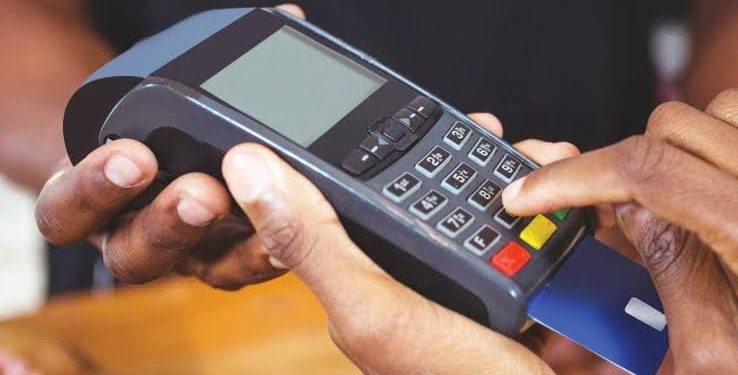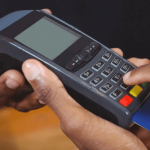The Central Bank of Nigeria (CBN) has directed that all Point of Sale (PoS) devices in the country must be geo-tagged and restricted to operate only within the registered business address of merchants. The move is part of sweeping reforms to tighten oversight of Nigeria’s fast-growing PoS industry and curb fraudulent activities.
In a circular issued on August 25, 2025, the regulator ordered banks, mobile money companies, and licensed operators such as Moniepoint, OPay, and PalmPay to ensure that every PoS terminal under their networks is geo-tagged within 60 days. Under the new rules, merchants will only be able to process payments within a 10-metre radius of their registered address.
The CBN explained that all existing PoS terminals must be upgraded with built-in GPS systems and connected to the National Central Switch, which will track locations through a special software development kit (SDK). Any device that is not geo-tagged before the deadline will be deactivated. The directive also applies to newly deployed PoS machines, which must be tagged before activation.
Operators, including Payment Terminal Service Providers (PTSPs) and mobile money firms, will be responsible for ensuring compliance across their networks. The CBN will begin compliance checks from October 20, 2025, leaving operators just two months to upgrade millions of active terminals nationwide.
The number of PoS agents and devices in Nigeria has surged in recent years, making the industry both a lifeline for financial inclusion and a target for fraud. By 2023, the country had about 1.5 million PoS agents roughly one for every 80 Nigerians while industry reports suggest there are as many as 1,600 PoS operators per square kilometre.
Regulators argue that the sheer scale of the PoS market demands tighter oversight. The CBN has introduced several measures in recent years, including requiring that PoS transactions be routed through licensed Payment Terminal Service Aggregators and mandating that operators register devices with the Corporate Affairs Commission.
The latest geo-tagging directive underscores the CBN’s determination to clamp down on cloned or “ghost” terminals, reduce unauthorised transactions, and improve transparency in real-time tracking of payments.
If fully enforced, the policy could reshape how millions of PoS agents operate across Nigeria, narrowing their mobility but strengthening consumer trust in a sector that has become central to everyday financial transactions.










